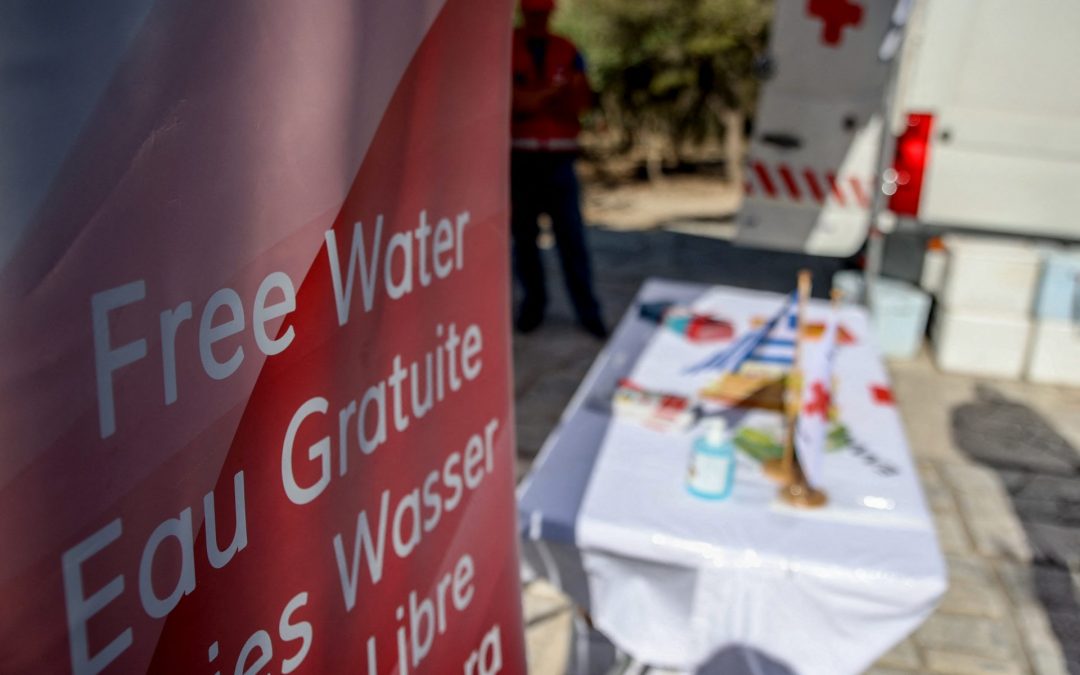“
Brussels – The organizations CAN Europe and Global Legal Action Network (GLAN) explained on Tuesday that they are relying on a recent decision by the European Court of Human Rights (ECHR) which “compels states to adopt goals consistent with limiting global warming to 1.5°C,” in accordance with the Paris Agreement signed in 2015.
In April, the ECHR condemned Switzerland for its lack of action against climate change, rendering a decision deemed “historic” by environmental advocates, meant to apply to the 46 member states of the Council of Europe.
The plaintiffs’ target this time is the EU and its 27 member states, supposed to achieve by 2030 a 55% reduction in their greenhouse gas emissions compared to 1990.
The EU must accelerate its reductions and achieve a decrease of “at least 65% if it wants to be a credible actor,” according to Sven Harmeling, a CAN Europe official, in a statement.
He specifically calls for an acceleration in the use of renewable energy.
In concrete terms, in this complaint, the two NGOs are asking the Commission to revise downwards the emission levels allowed for each of the 27 member countries in various sectors of activity (building, agriculture, transport, etc.).
According to the NGOs, the legal action before the EU Court –established in Luxembourg– could lead to a judgment “at the beginning of 2026,” after pleadings next year.
The 27 EU countries were initially supposed to submit to the European executive detailed plans outlining their actions to achieve this 55% reduction in emissions by 2030 by the summer of 2023, before finalizing them by the end of June 2024, taking into account Brussels’ recommendations.
The Commission estimated last December that the set of 21 plans it had received and evaluated at that time would only allow for a 51% emission reduction at the European level, with serious deficiencies noted in most national targets.
The roadmaps of each country were to be updated by June 30, 2024, but by this deadline, Brussels had received only four, from the Netherlands, Denmark, Finland, and Sweden (27.08.2024).
“
 go to the original language article
go to the original language article
